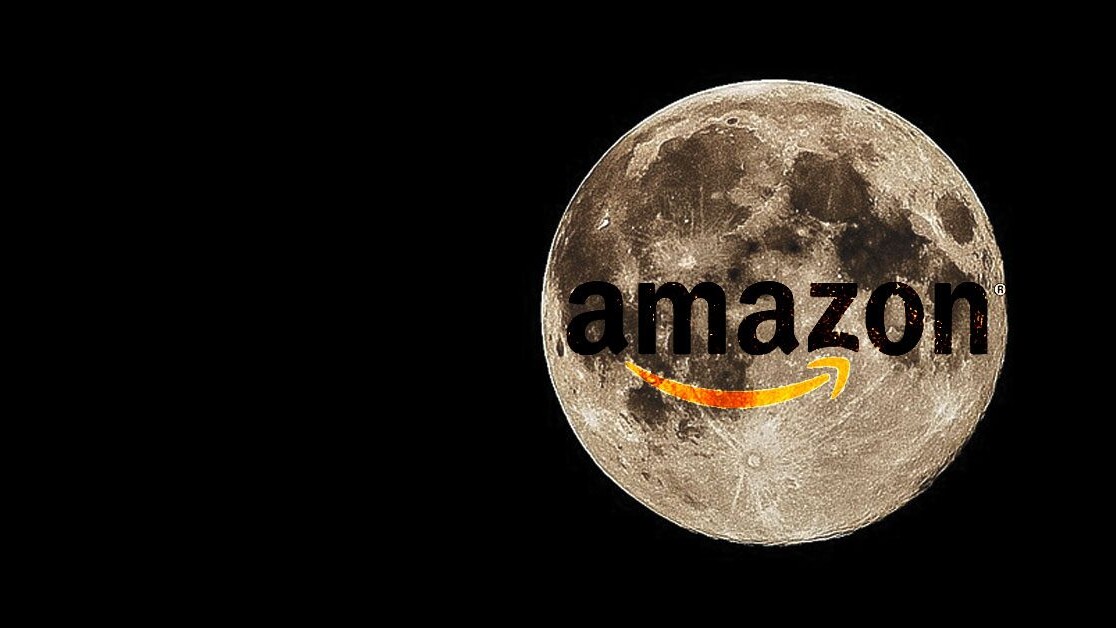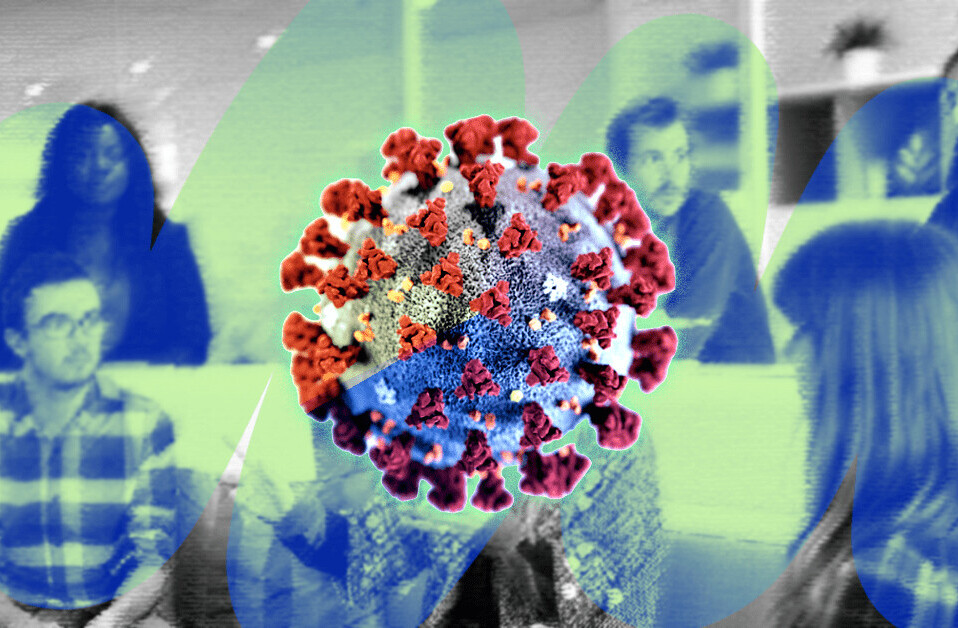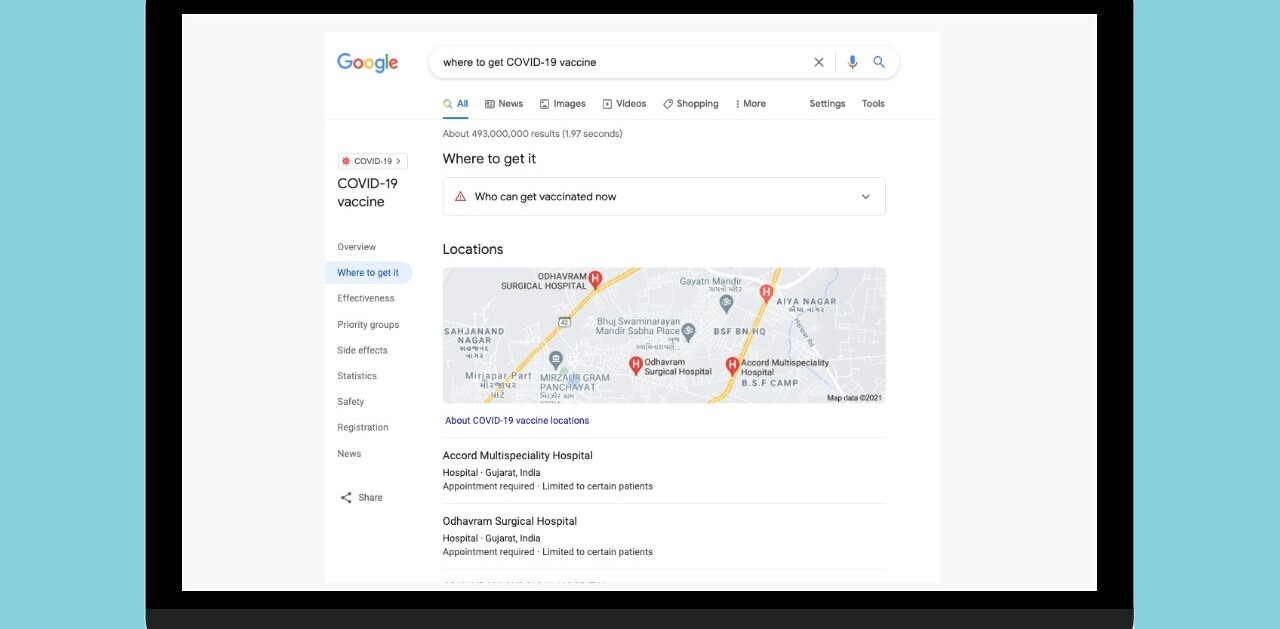
As we grip with the realities of the coronavirus (COVID-19) epidemic, an unsettling realisation has begun to coalesce: The government needs Silicon Valley.
It’s true. Across the world, tech giants are filling voids. In China, Alibaba’s Jack Ma shared purported snaps of one million face masks and 500,000 coronavirus testing kits bound for America, where shortages threaten lives.
The first shipment of masks and coronavirus test kits to the US is taking off from Shanghai. All the best to our friends in America. ? pic.twitter.com/LTn26gvlOl
— Jack Ma (@JackMa) March 16, 2020
Tesla CEO Elon Musk is also lending a hand. He just organised the delivery of 1,200 ventilators to Californian hospitals, as well as other medical supplies, albeit after awkwardly implying that US states weren’t running low on supplies.
Household names like Apple, Microsoft, and Facebook are involved, too. They’re sourcing millions of face masks for the US and Europe.
[Read: Online marketplaces are tanking worldwide – except for Amazon]
Even Lyft, undoubtedly hit hard by coronavirus lockdown measures, is delivering medical supplies — all while Jeff Bezos’ Amazon seeks to support 100,000 unemployed with full and part-time jobs.
Silicon Valley can only do so much against coronavirus
These are moves spurred on by calls for the world’s biggest companies to step in where governments have failed. Current estimates suggest the US needs roughly 3.5 billion face masks to cope with the COVID-19 pandemic, so while sorely needed, that few million pledged by Silicon Valley’s heavyweights will only go so far.
Speaking to these concerns, an influential San Francisco pension fund practically begged the S&P 500 on Monday to mobilize their manufacturing and distribution operations to helping the health sector handle COVID-19 .

Over in the UK, the government has approached Amazon to figure out if it can distribute coronavirus tests to health and social care workers, and later the general public, according to Financial Times.
While such an arrangement might appear commonplace somewhere like the US, the notion of powerful corporations playing house with the government is markedly more foreign in Britain — especially those notorious for not paying taxes.
If not Big Tech, then who else?
Moral misgivings aside, one must consider whether these companies are prepared to carry the weight of that responsibility. Certainly Amazon, an international e-commerce behemoth engineered specifically to deliver goods to consumers around the world at the touch of a button, is up to the challenge.
But Amazon’s supply routes are already buckling under the pressure. Its warehouses are increasingly overwhelmed, unable to fulfil orders of basic household goods like toilet paper, bleach, and other groceries.
In fact, a spokesperson confirmed over the weekend that Amazon would no longer be meeting its Prime delivery commitment of two days for non-essential items, instead warning buyers they could wait up to a month to receive some orders.
Amazon’s problems echo what New York city is feeling. Crippled by labor shortages, the city’s food distribution networks are preparing to meet the mammoth task of providing food to millions of humans stuck working from home.
On the other hand, food distribution streams like soup kitchens are readying to face unprecedented demand as joblessness surges and the economy shrinks.
While not naming Amazon directly, New York city’s director for food policy Kate MacKenzie told reporters that public-private partnerships with online retailers to deliver food weren’t out of the question, should networks truly become flooded.
A certain fragility comes when Amazon grows to a single pipeline in which much of the economy flows, as noted by Julia Carrie Wong in The Guardian.
The real kicker comes uncomfortably, in the form of a looming question mark: if relying Big Tech on doesn’t work, what will?
Get the TNW newsletter
Get the most important tech news in your inbox each week.





